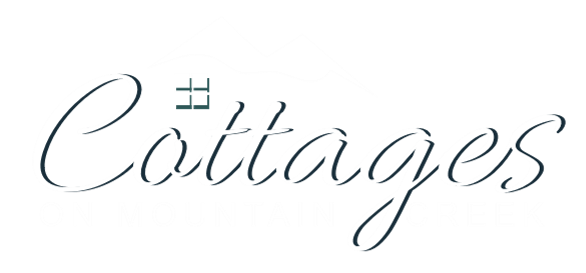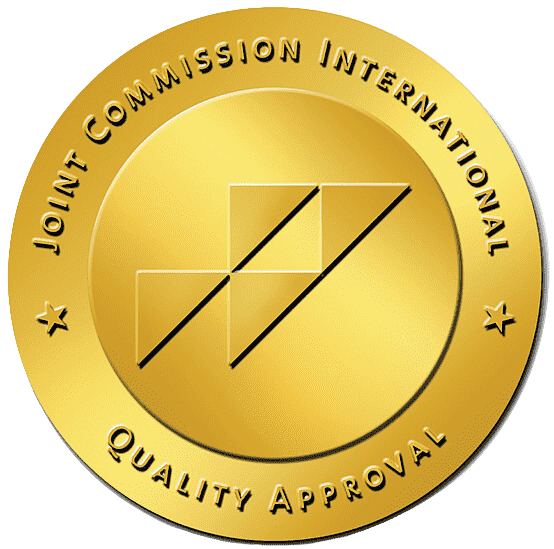Admission Criteria
Clients are admitted to the residential treatment program, transitional independent living program and/or day treatment programs with the goal of regaining self-worth and self-reliance. Our therapists and counselors are readily available to welcome potential clients and their families and to answer all questions.

Admission Criteria With cottages on Mountain Creek
Our goal is to assist clients who are committed to recovery in making the right choice and to learn how our programming can assist in that endeavor. The Cottages on Mountain Creek assumes that clients are willing and able to participate in group activities.
Clients with the following mental health and co-occurring Drug and Alcohol diagnoses are as follows
- Axis I and II Primary Diagnosis as follows
- Bipolar Disorder
- Schizophrenia (paranoid, disorganized and undifferentiated types)
- Obsessive Compulsive Disorder (OCD)
- Borderline Personality Disorder (BPD)
- Major Depressive Disorder
- Co-Occurring Cognitive Behavior and Memory Loss
- Traumatic Brain Injury (TBI)
- PTSD and Trauma; and
- Aspergers Syndrome
- Out-Patient Drug and Alcohol Program (state-licensed)
Admission for Residential Treatment Program (In-Patient)
Reasonings
- Being discharged from an In-Patient Psychiatric Hospital
- Recovering from their First Episode of Psychosis
- High Risk for Impulsive Suicide Attempts
- Difficulty with Medication Adherence and Requiring Oversight
- Requiring Assistance attending Treatment Programming
- Unsafe Home Environment; and
- Unable to Socialize and/or Remain Active in their Home Setting

Admission for Transitional Independent Living
The Transitional Independent Living Program allows clients to transition from the In-Patient Residential Treatment Program to continue their recovery and/or for new clients seeking to continue recovery.
Independent living clients function at a higher level with programming adapted to the needs of the client (clients are required to be medication compliant, two months free of suicidal ideations and free from physical aggression). The program provides oversight and supportive services with all clients being assigned a Case Manager.
Housing comprises single-family homes (three to four bedrooms). All homes are furnished with residents required to maintain their living environment. Programming is individualized, allowing the client to move toward recovery based on their individual goals.
Programming is also structured around clients who are actively seeking work and/or a volunteer position, or who are seeking to restart education. Supportive Services include case management, three meals per day and light housekeeping.


Admission for Day Programming
Clients need adhere to the following
- Medication Compliant
- Able to Participate in Programming and keep to the Schedule
- Non-physical aggression
- Able to Maintain Personal Space; and
- Lower Risk of Impulsive Suicide Attempts
Criteria for Exclusion from Programming
- Not being Medication Compliant
- Recent suicidal attempts (within a month)
- Primary diagnosis of eating disorder; and
- History of physical aggression

